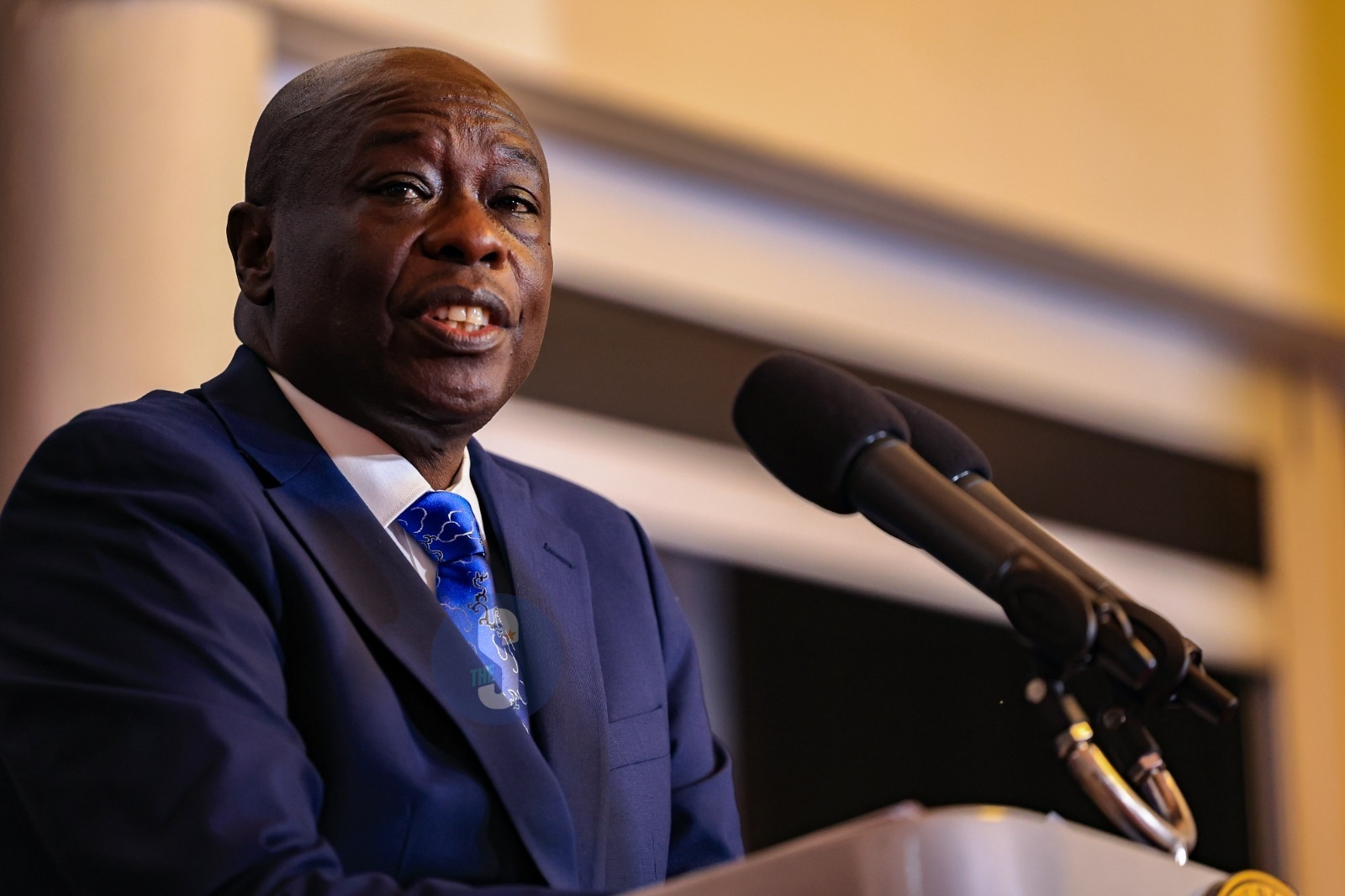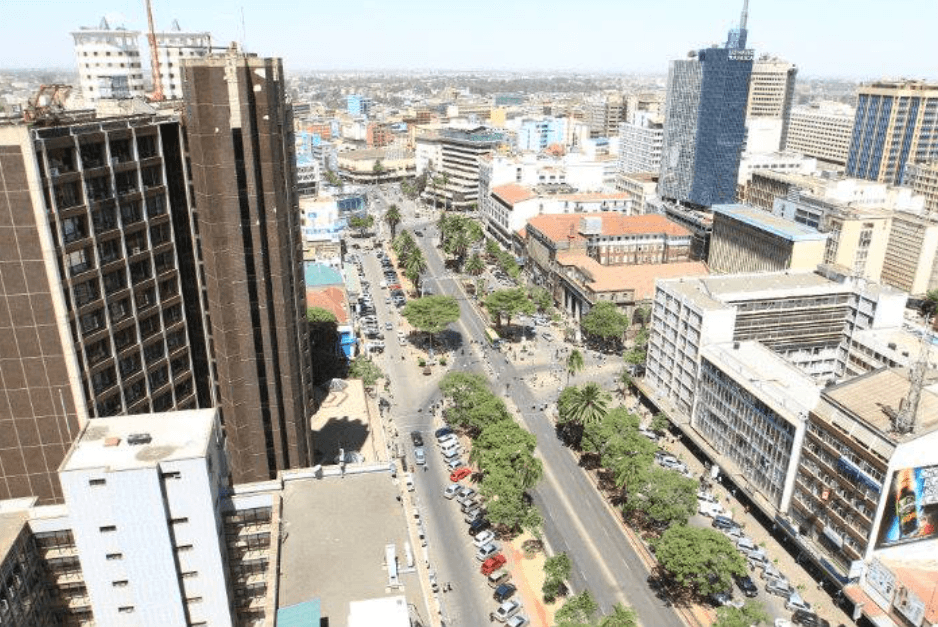Kenyans living and working abroad reduced the money they sent back home by Sh2 billion in the month of September, despite easing inflationary pressure in key markets including the US.
This is the second month in a row that the inflows have dropped from $354.3 million (Sh52.2 billion) sent in August, to $340.4 million (Sh50.2 billion) that was recorded in September.
The reduced amount of money sent home by the Kenyan diaspora did little to support the country’s forex reserves, which continued to weaken further.
Forex reserves dipped to a low of $6,833 million (Sh1 trillion) just about 3.67 months of import cover from, $6,872 million (Sh1.01 trillion) a week earlier.
However, the Central Bank of Kenya is putting on a brave face despite the reduced forex reserves.
It maintained that the remittance inflows remained strong and continued to support the current account and the foreign exchange market.
Remittance inflows in September 2023 totaled $340.4 million (Sh50.2 billion) compared to $318.0 million in September 2022, an increase of 7.1 percent.
"The cumulative inflows for the 12 months to September 2023 totaled $4,142 million compared to $4,001 million in the same period in 2022, an increase of 3.5 percent,” said CBK in its weekly update.
July 2023 recorded the highestever amount to be sent back home by Kenyans when inflows hit $378.1 million (Sh55.8billion).
The Western Union’s inaugural Global Money Transfer Index had projected an increase in remittances, fueled by the weakening shilling that has now hit Sh149.58 against the US dollar.
However, this is yet to happen with only July posting a substantial increase in inflows despite Kenyan currency weakening further in subsequent months.
The US remains the largest source of remittances into Kenya, accounting for 57 per cent in September 2023.
In recent times, Saudi Arabia has emerged as the primary contributor to the rapid increase in remittances flowing into Kenya.
This development has prompted Nairobi to initiate discussions for a bilateral agreement with Riyadh.
This agreement aims to establish a structured framework for recruiting professionals to work in Saudi Arabia.
In 2022, Kenyan expatriates living and working in Saudi Arabia sent home a total of $302.26 million (equivalent to Sh44.6 billion).
This marked a substantial increase from the $185.01 million (Sh27.3 billion) remitted in 2021, despite the challenges posed by elevated global inflation affecting remittances from other key sources.
In 2017, diaspora remittances became Kenya's leading source of foreign exchange earnings, surpassing the revenues generated from tea, coffee, and tourism.
The tourism industry, previously the second-largest contributor to foreign exchange earnings, suffered a severe blow due to the Covid-19 pandemic, witnessing an 80 per cent decline in sector revenues in 2020.
This was compared to 2019, when the country generated Sh162 billion.
A recent report on finance and development by the IMF emphasises the crucial role played by diaspora remittances in the development of countries, noting that migrant workers are consistently sending increasing amounts of money back home each year.
This trend is driven by economic shifts that continue to motivate more individuals to migrate in search of better opportunities.
Education, healthcare and household needs remain the main uses of remittances in Kenya, an analysis by WorldRemit indicates.
In a recent study, WorldRemit, which reaches over 5,000 money transfer corridors, including emerging markets with high barriers to entry, found out that Kenyans in the diaspora had to cut on their spending to afford to send money back home.













